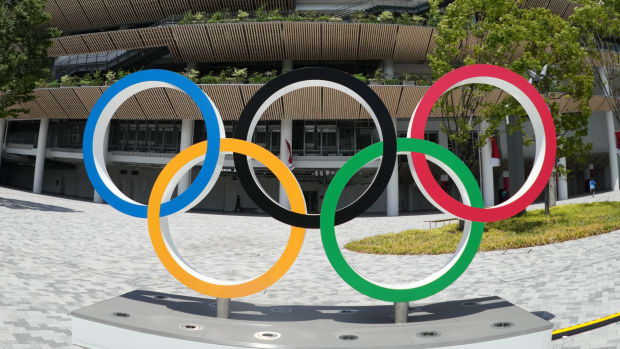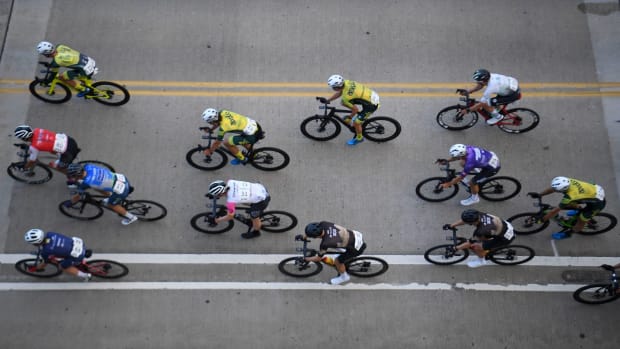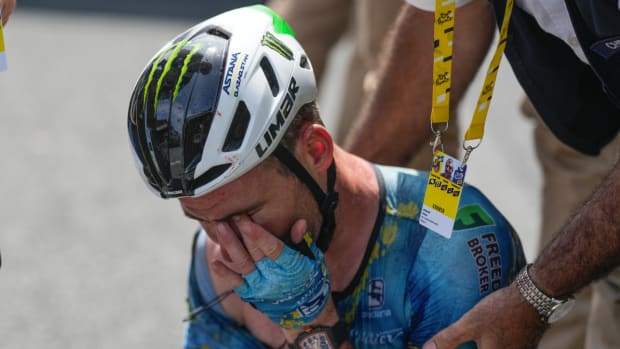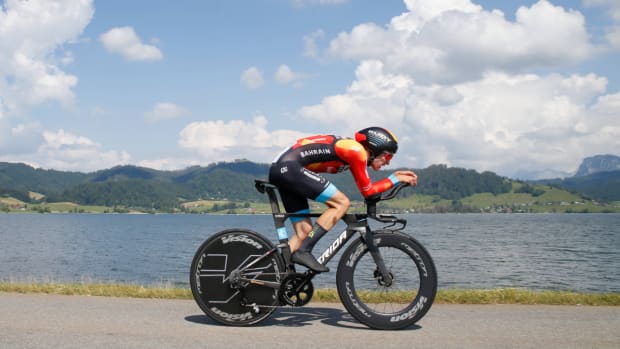UCI passes reforms for men's professional road cycling
RICHMOND, Va. (AP) The UCI announced a series of reforms Tuesday aimed at streamlining the calendar and providing the top level of men's professional cycling with a more stable operating environment.
While full details of the reforms were not disclosed, the sport's global governing body did confirm that there will be a maximum of 18 WorldTour teams from 2017-19. Three-year licenses will be granted on criteria that includes ethics, finances and competitiveness.
A limited number of new races will be added to the schedule, and new and existing races will be subjected to a strict set of standards to ensure the highest level of competition.
Teams will also be required to follow rules on how they manage riders and staff.
''These are important changes that will help to further enhance men's professional road cycling and aide its global growth and development,'' said UCI president Brian Cookson, who has been pushing for reforms since taking office two years ago. ''I believe that these measures will help to bring greater stability and growth to men's professional road cycling.''
The reforms follow a long, often acrimonious series of negotiations with major teams and race organizers over the future of the sport. But missing were several contentious ideas, including the shortening of major stage races and the implementation of a relegation system.
The reforms were announced after a meeting of the Professional Cycling Council and their approval by the UCI's management committee during this week's world championships.
The three-year license structure is designed to encourage sponsors to invest in the sport by ensuring teams are more stable, while the additional races and streamlined schedule could help to showcase the sport to more fans in a way that is easier for them to follow.
Meanwhile, teams must ensure that riders are properly supported and supervised, which includes strict anti-doping controls. This measure is being implemented after a series of doping cases on the Astana squad called into question how much self-policing there was among teams.
There were also changes announced to the world rankings system.
''The UCI is sending a strong signal to cycling fans, broadcasters and commercial partners about the continued improvements and organizational structures of our sport,'' Cookson said. ''This is an important moment for professional cycling and another major step forward as we continue to restore trust and credibility.''




